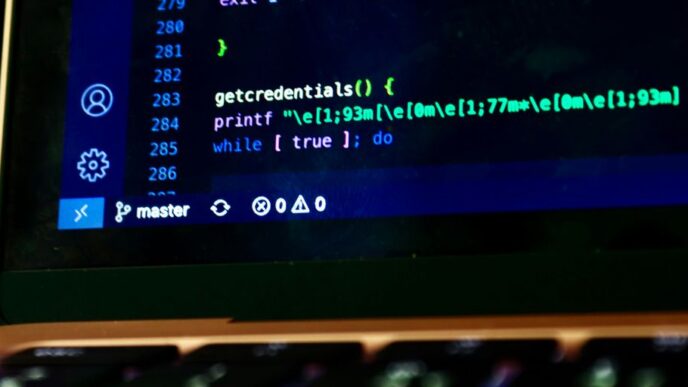The landscape of background checks has undergone a dramatic transformation over the years. Historically, these checks were labor-intensive processes, often requiring physical visits to courthouses and sifting through paper records. The rise of the internet and digital databases changed the game, making it faster and more efficient to gather information. However, with this ease of access comes a host of new challenges and considerations, especially concerning privacy and data accuracy.
In the past, background checks were predominantly used by employers and landlords. The scope was limited, focusing mainly on criminal records and credit histories. Today, the proliferation of online services has democratized access to personal data, expanding the use of background checks beyond traditional realms. Now, they are tools for individuals seeking information about neighbors, potential dates, or lost family members.
The current state of background checks is a fusion of old and new methods. While digital databases offer unprecedented access to information, some checks still require manual searches and verification. This combination ensures comprehensive coverage but also highlights the industry’s ongoing evolution.
The Impact of AI and Machine Learning
One of the most significant advancements in the field is the integration of Artificial Intelligence (AI) and machine learning. These technologies have the potential to sift through massive amounts of data much more rapidly and accurately than human operators. AI algorithms can analyze patterns, identify discrepancies, and flag potential issues in a fraction of the time it would take a human.
Moreover, machine learning algorithms improve over time. They adapt and refine their search capabilities based on new data, leading to more precise and comprehensive background checks. This evolution marks a shift from a static process to a dynamic one, continuously improving and adjusting to new information sources and patterns.
However, the adoption of AI in background checks raises questions about bias and fairness. Algorithms are only as unbiased as the data they are fed, and historical data can sometimes reflect societal biases. Ensuring these new tools are used ethically and equitably is a significant challenge for the industry.
The Role of Privacy and Data Protection
In the digital age, the question of privacy is more pertinent than ever. The ease of accessing personal information has sparked debates about the boundaries of these searches. With public records, social media profiles, and other personal data becoming increasingly accessible, the line between public interest and privacy infringement is blurred.
Data protection laws and regulations play a crucial role in this context. They aim to balance the need for information with the right to privacy. The Fair Credit Reporting Act (FCRA) in the United States, for example, sets standards for employment-related background checks, but the scope of these regulations is continually tested by new technologies and methods.
The challenge for the industry is to develop practices that protect individuals’ privacy while still providing accurate and necessary information. This balancing act is crucial for maintaining public trust and the legitimacy of background checks as a tool.
Globalization and Cross-Border Checks
The globalization of the workforce and personal relationships has introduced a new dimension to background checks: cross-border information gathering. In an increasingly interconnected world, individuals often have footprints in multiple countries, necessitating international background checks.
These checks are complex, involving different legal systems, languages, and record-keeping practices. The digital transformation has made it easier to access international records, but it also requires a nuanced understanding of global privacy laws and cultural contexts.
The future of background checks will likely see further integration of international data sources. This globalization offers opportunities for more comprehensive background checks but also adds layers of complexity in terms of legal compliance and data accuracy.
Conclusion
The evolution of background checks reflects broader trends in information technology and societal attitudes towards privacy and data usage. As we move forward, the industry is poised to undergo further changes, driven by technological advancements and global interconnectedness.
Future developments in AI and machine learning will likely lead to faster, more accurate checks. However, these tools must be developed and used responsibly, with a keen awareness of potential biases and privacy concerns. The industry must navigate these challenges while adapting to the changing landscape of data availability and privacy norms.
Ultimately, the goal of background checks remains unchanged: to provide accurate, relevant, and legally obtained information. Balancing this goal with the rights to privacy and fairness will define the future of background checks in the digital age. As technology advances, so too must our ethical and legal frameworks, ensuring that background checks continue to serve as a valuable tool in an increasingly complex world.













